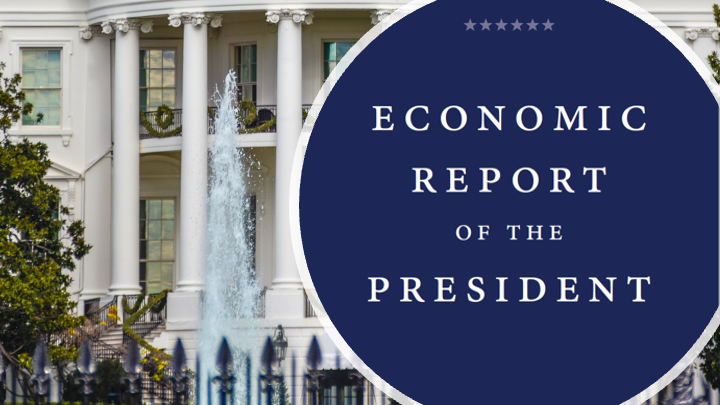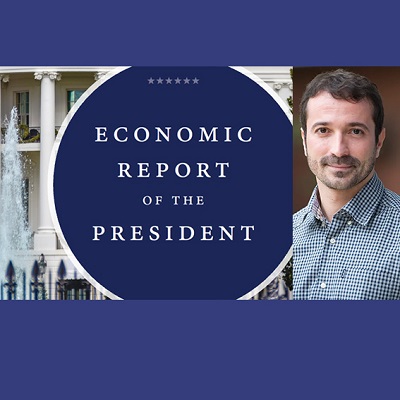
Giovanni Ricco joined CREST in January 2023. He was previously a professor in economics at the University of Warwick and a researcher affiliated with several institutions, including the OFCE – Sciences Po, the Centre for Economic Policy Research (CEPR), Economic Research Southern Africa (ERSA), and the South African Reserve Bank (SARB). He has a PhD in Economics from the London Business School and a PhD in Physics from the ‘Galileo Galilei’ School of Graduate Studies of Università di Pisa. He has also earned a Master of Science in Economics with distinction from LUISS ‘Guido Carli’ University and a Master in Quantitative Finance from Università degli Studi di Bologna ‘Alma Mater’. Ricco has had several other professional engagements, including consulting work for Danmarks Nationalbank, being a visiting professor at Université Paris-Dauphine, and serving as a senior economist at the European Central Bank. He has also been a research fellow and visiting research fellow at several institutions. Ricco has published articles in various journals, including the European Economic Review, The Review of Economics and Statistics, and the American Economic Journal: Macroeconomics.

Economic Report of the President
In the US, the Economic Report of the President is an annual report written by the Chairman of the Council of Economic Advisers, which provides an overview of the nation’s economic progress, analyzes current policy issues and makes policy recommendations to the President and Congress. The report is typically released in February and is submitted to Congress in support of the President’s annual budget request.
Ricco’s work recently gained widespread recognition after being published in the ‘Economic Report of the President’ by the White House that cited the work.
Silvia Miranda-Agrippino and Giovanni Ricco. 2021. “The Transmission of Monetary Policy Shocks.” American Economic Journal: Macroeconomics, 13 (3): 74-107
This work has helped in clarifying how monetary policy affects the economy. In particular, the paper showed that the puzzling effects of monetary policy reported in previous studies were due to the so-called “signalling effects” of monetary policy, i.e. the fact that the actions of policymakers can reveal information about their assessments of the economy. A new high-frequency identification for monetary policy shocks was proposed, accounting for informational effects. It was found that a monetary tightening is unequivocally contractionary, with deterioration of domestic demand, labor and credit market conditions as well as of asset prices and agents’ expectations.

